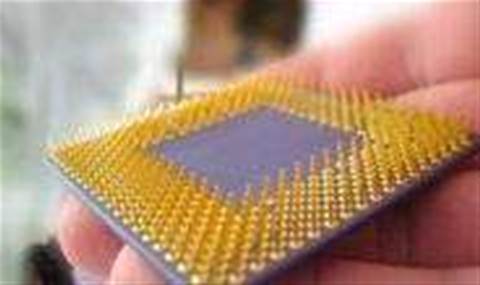Semiconductor business between Taiwan and the United States is a "win-win" model for both sides given the high level of complementarity, the government said today in response to tariff threats from US President Donald Trump.
Home to the world's largest contract chipmaker, Taiwan Semiconductor Manufacturing Co. (TSMC), the island is a key link in the global technology supply chain for companies such as Apple and Nvidia.
Trump said on Tuesday he plans to impose tariffs on imported chips, pharmaceuticals and steel in an effort to get the producers to make them in the United States.
"Taiwan and the US semiconductor and other technology industries are highly complementary to each other, especially the US-designed, Taiwan-foundry model, which creates a win-win business model for Taiwan and US industries," Taiwan's economy ministry said in a statement in response.
The ministry "will continue to pay attention to US policy going forward, and there will be close contact and cooperation between the two sides to ensure that Taiwan's and US' industries and national interests can develop in a mutually beneficial way in the face of global challenges".
Taiwan's presidential office, in a separate statement, said the island and the United States have "good mutual trust and a close relationship" when it came to chips and high-tech cooperation, which it also said was a "win-win situation".
In 2020, under the first Trump administration, TSMC announced that it would build a US$12 billion factory in Arizona in a win for efforts by the US government to wrestle global tech supply chains back from China.
It later boosted those plans with the total investment now standing at US$65 billion.
TSMC declined to comment on Trump's latest tariff remarks.
Earlier this month, Taiwan Economy Minister Kuo Jyh-huei said he only expected a small impact from any tariffs imposed by Trump on semiconductor exports given their technological superiority.
In another potential challenge for Taiwan, Trump last week directed federal agencies to investigate persistent US trade deficits and unfair trade practices and alleged currency manipulation by other countries.
Taiwan's trade surplus with the United States surged 83 per cent last year compared to 2023, with exports to the US hitting a record US$111.4 billion driven by demand for high-tech products such as semiconductors.





.png&h=142&w=230&c=1&s=1)








.jpg&w=100&c=1&s=0)








_(1).jpg&q=95&h=298&w=480&c=1&s=1)


